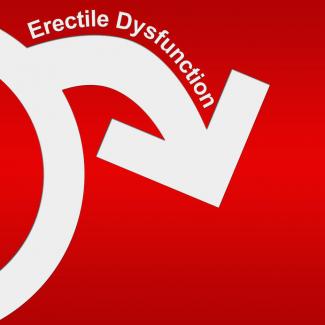March 14, 2018
Severe cases of myocarditis have been reported in patients being treated with TECENTRIQ (atezolizumab) in clinical trials.
Healthcare professionals are advised to: monitor patients receiving TECENTRIQ for signs and symptoms of myocarditis. Withhold TECENTRIQ therapy in patients with Grade 2 myocarditis. Permanently discontinue TECENTRIQ treatment in patients with Grade 3 or 4 myocarditis. Administer corticosteroids and/or additional immunosuppressive agents as clinically indicated to TECENTRIQ treated patients who develop myocarditis. The Canadian Product Monograph has been updated to include this new safety information.











